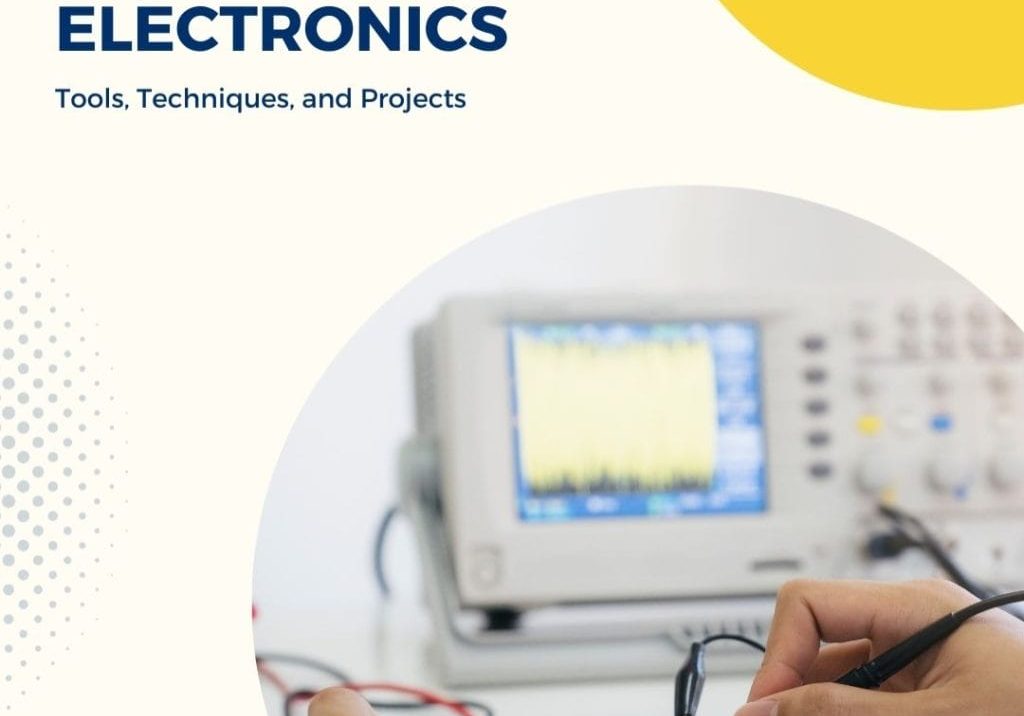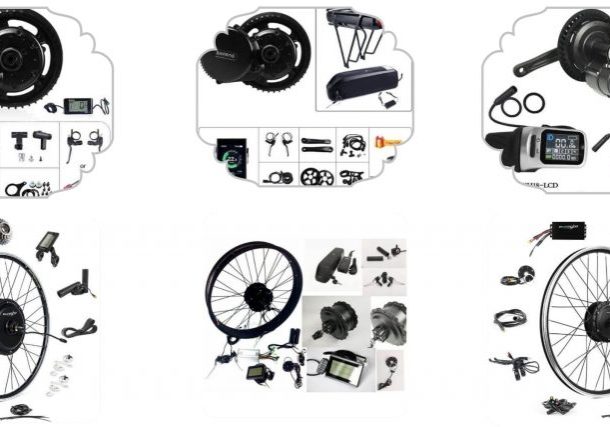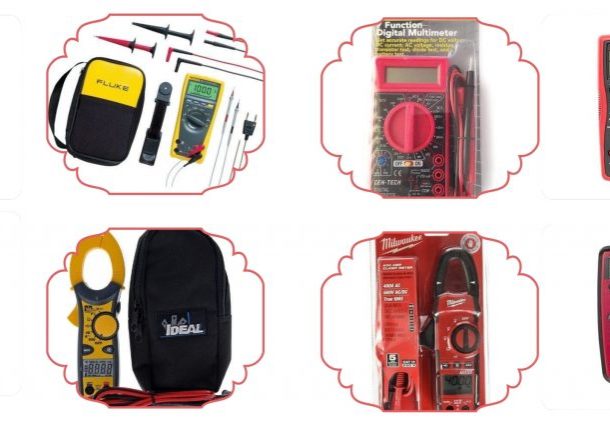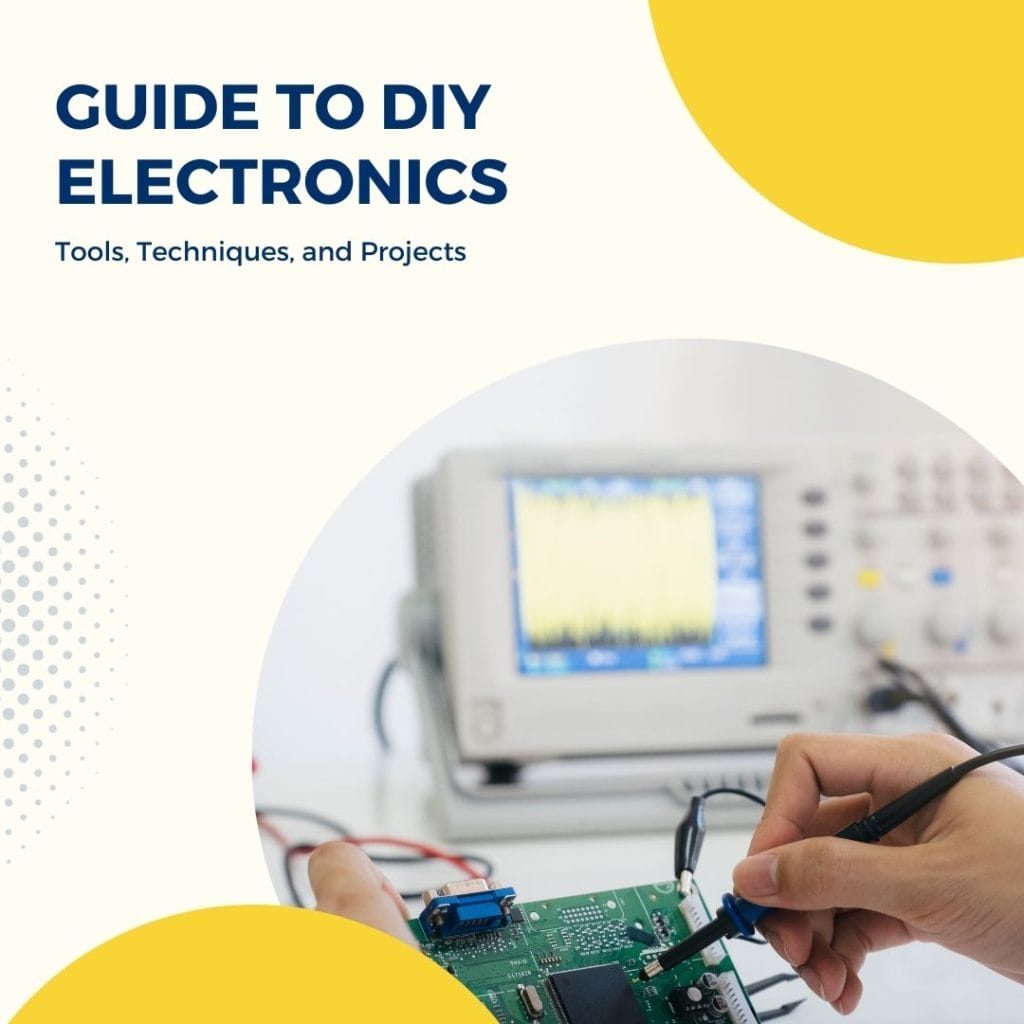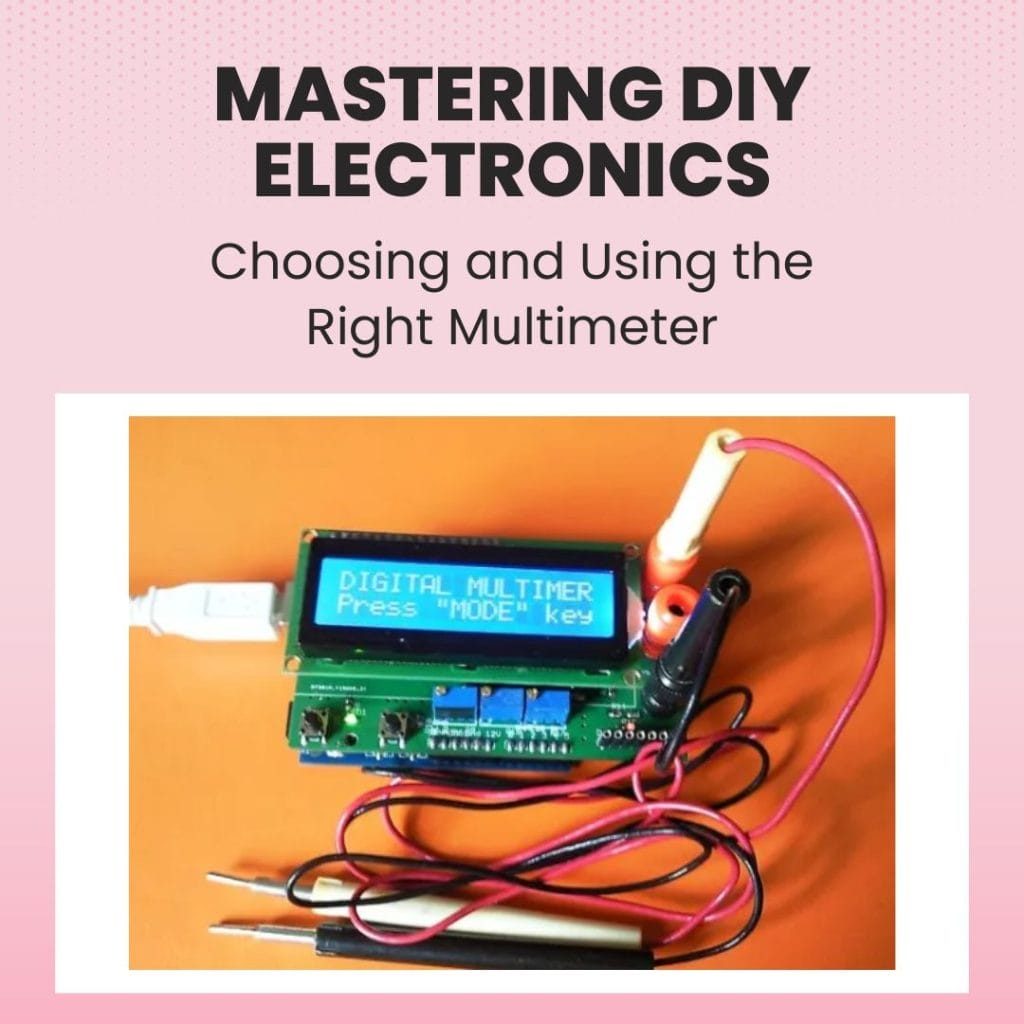Multimeters are versatile testing tools used by electricians, hobbyists, and DIY enthusiasts to measure various electrical quantities such as voltage, current, and resistance. They come in two types: analog and digital, with the latter being more prevalent due to its ease of use and precise reading. Despite their technical nature, multimeters are quite user-friendly and, with a little practice, can empower you to undertake advanced DIY electrical projects, troubleshoot appliances, and understand the hidden electrical world around us.
Understanding the Functions of a Multimeter
Let’s delve into the functions of a multimeter and explore how its various features can aid in your DIY electrical projects.
Voltage Measurement
Multimeters primarily measure voltage, the force that drives current through a circuit. A multimeter measures the voltage in two ways: DC (direct current) and AC (alternating current). The DC set is used for batteries, electronic components, and circuits powered by batteries or power supplies. Meanwhile, the AC setting is used for measuring household electricity from outlets or large
Current Measurement
Multimeters can also measure current, the flow of electricity through a circuit. To measure current, you must place the multimeter in series with the circuit, meaning that it becomes part of the path for electricity. This is done by removing one wire from the circuit and placing it into the multimeter’s dedicated current measurement port.
Resistance Measurement
Resistance measures how much an object or material impedes the flow of electricity. Multimeters can measure resistance by sending a small known amount of current through the component and measuring the voltage drop across it. This feature allows you to test resistors, fuses, and other components for continuity or any breaks in the circuit.
Other Functions
Aside from the primary functions of voltage, current, and resistance measurement, multimeters can also measure capacitance, frequency, and temperature. These additional functions open up new possibilities for advanced DIY projects involving electronics and circuits.
Advanced DIY Projects Using Multimeters
Let’s dive into some advanced DIY projects where a multimeter can be your trusty companion, enhancing your understanding of electronics and fulfilling your creative pursuits.
Circuit Building and Testing
Multimeters are indispensable for building and testing circuits for various DIY projects. With the ability to measure voltage, current, and resistance, you can troubleshoot any issues that may arise during construction. Additionally, with the capacitance and frequency measurement functions, you can even test and tune oscillators or
Diagnosing Electrical Problems at Home
Multimeters are useful for advanced DIY projects and can also come in handy for everyday household tasks. With the ability to measure AC voltage, current, and resistance, multimeters can help you troubleshoot electrical issues such as faulty outlets, malfunctioning appliances, or even a tripped circuit breaker.
Testing Automotive Electrical Systems
Multimeters are also useful for automotive enthusiasts who want to diagnose and troubleshoot vehicle electrical issues. With the ability to measure DC voltage, current, and resistance, multimeters can help you pinpoint any faulty components in your car’s electrical system, saving you time and money on expensive repairs.
Safety Precautions
While multimeters are incredibly useful tools, they can also be dangerous if not used properly. It is essential to follow safety precautions such as wearing protective gear, reading the manual thoroughly, and ensuring the multimeter is set to the appropriate settings before use. Additionally, it is crucial to never attempt to measure voltage in a circuit that has live current or touch any exposed wires. Always practice caution and common sense when using a multimeter to prevent accidents or injuries.
Conclusion
In conclusion, with its vast range of functions and user-friendly interface, the multimeter is an incredible tool for any DIY enthusiast, electrician, or hobbyist. Whether you’re building and testing circuits, diagnosing household electrical problems, or troubleshooting your car’s electrical system, a multimeter can be an indispensable companion. While it certainly requires practice and safety precautions, the benefits and learning opportunities it provides are immeasurable. So, arm yourself with a multimeter and dive into the world of electronics, where every project is an opportunity for exploration and growth.

